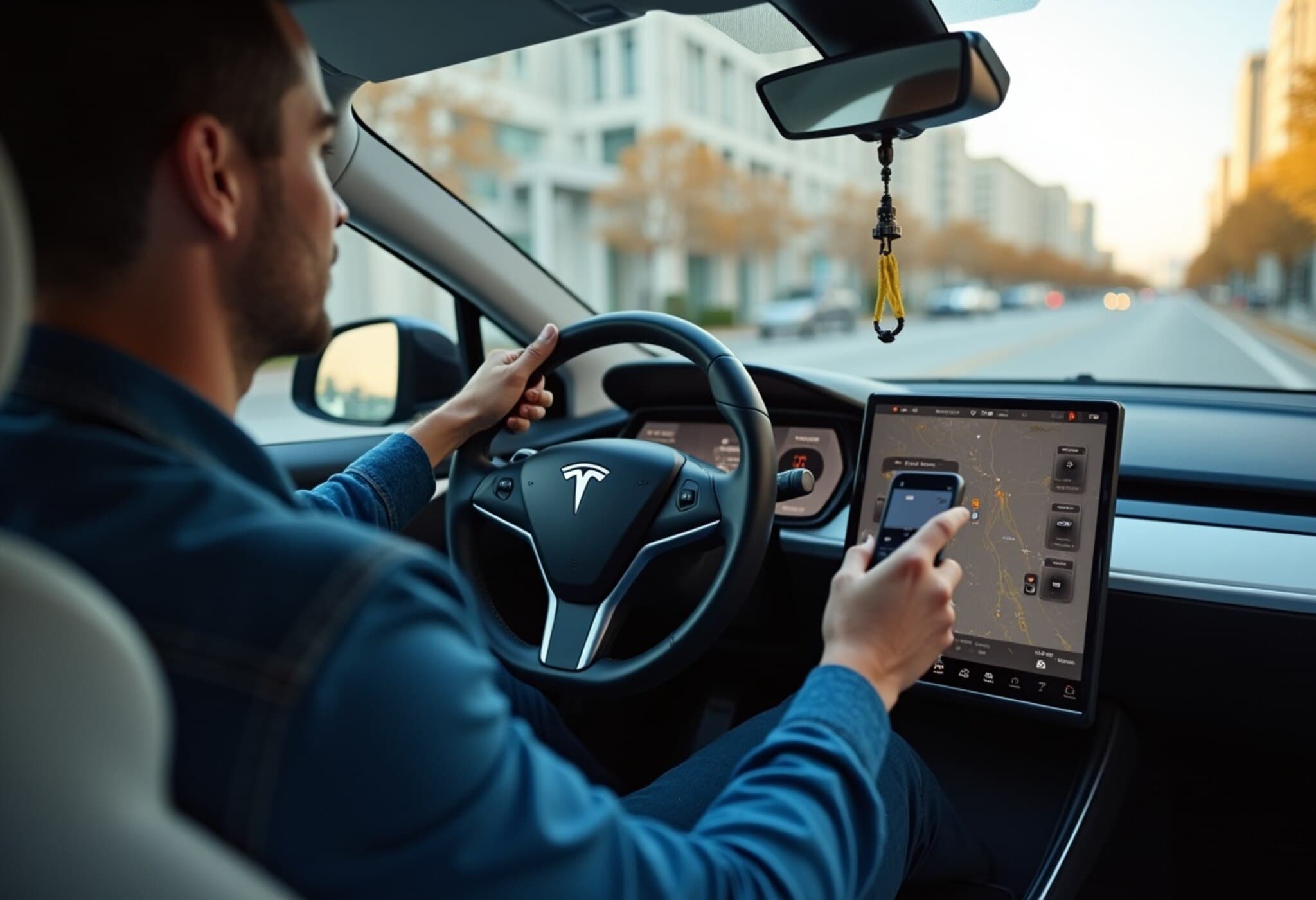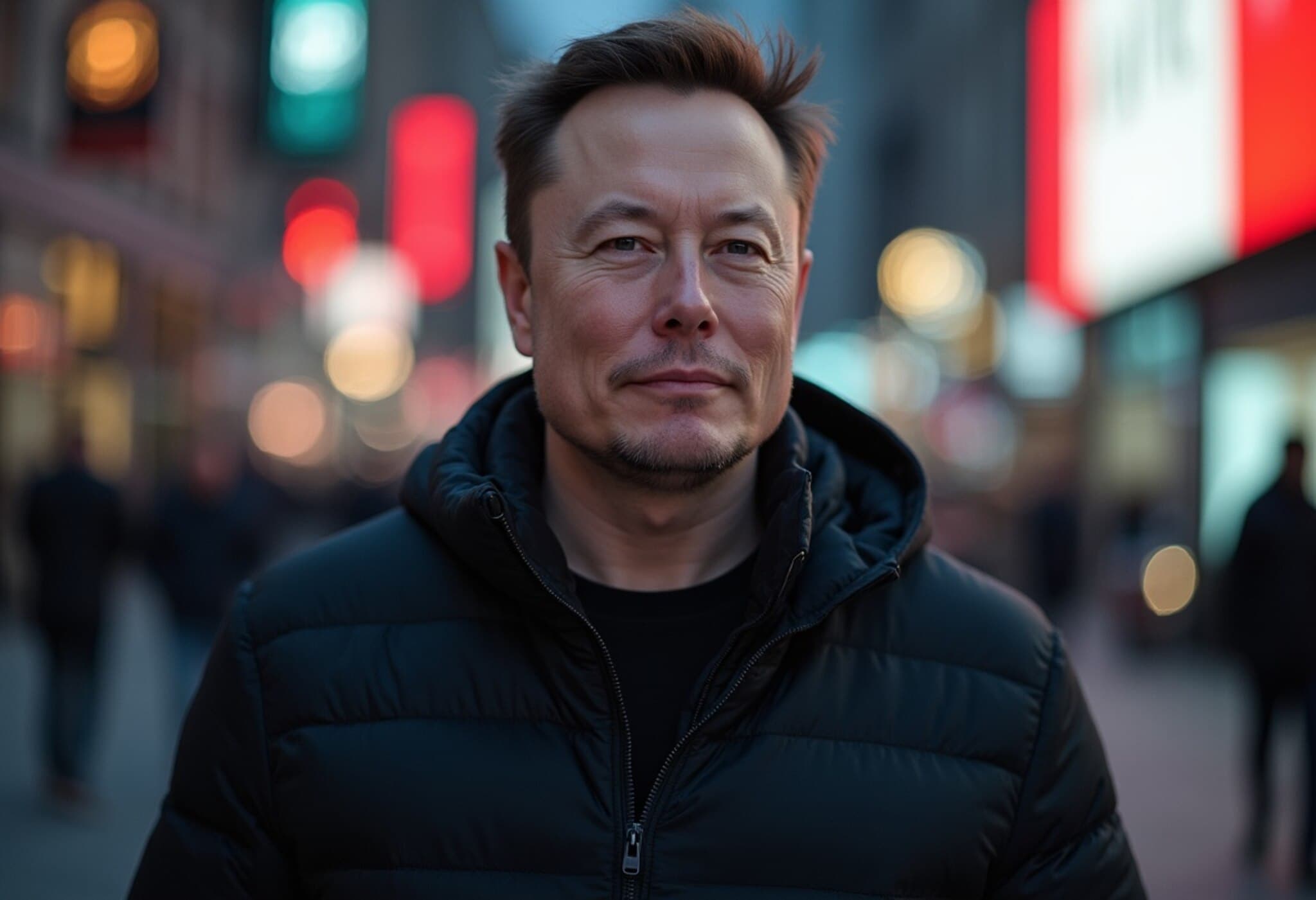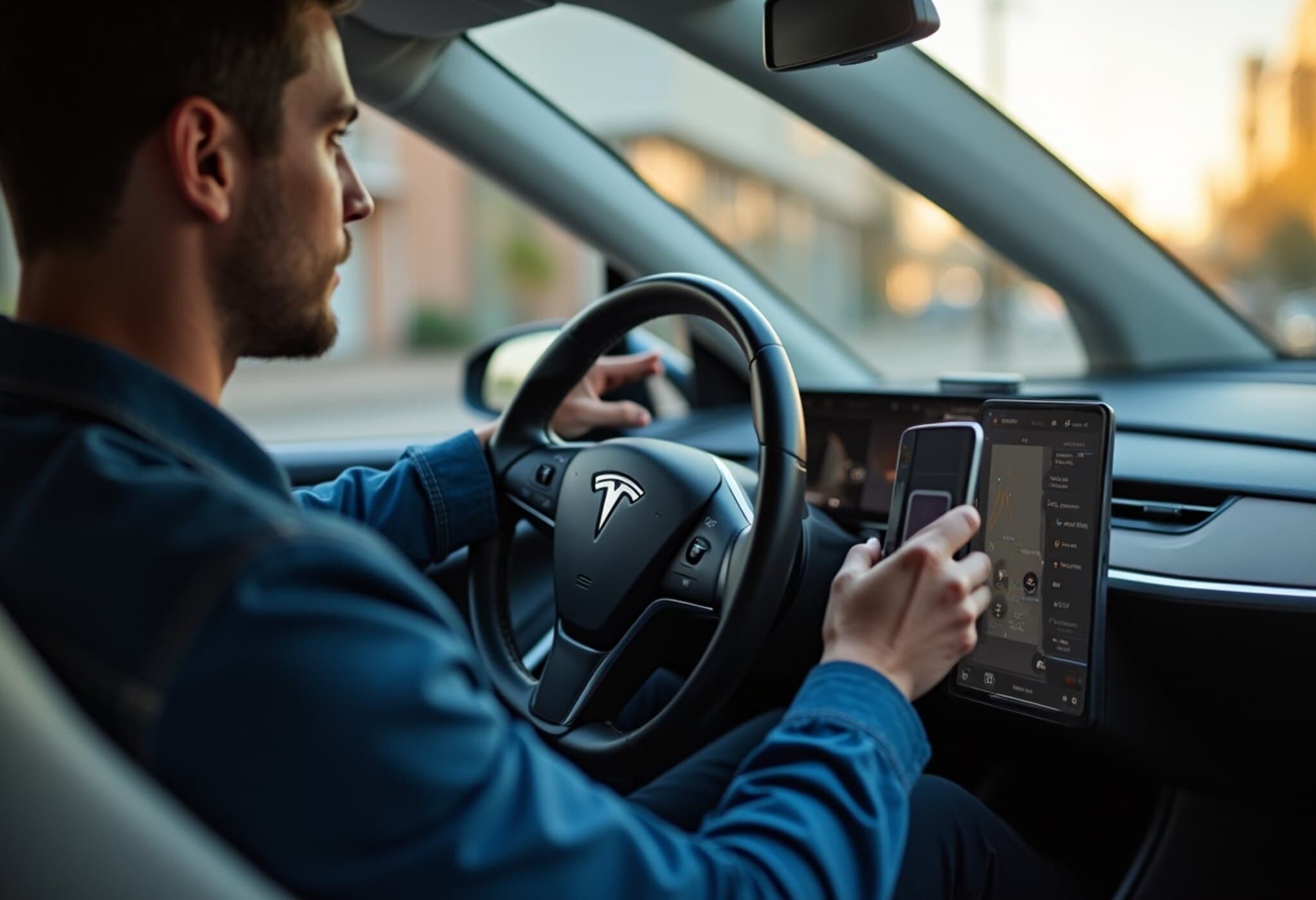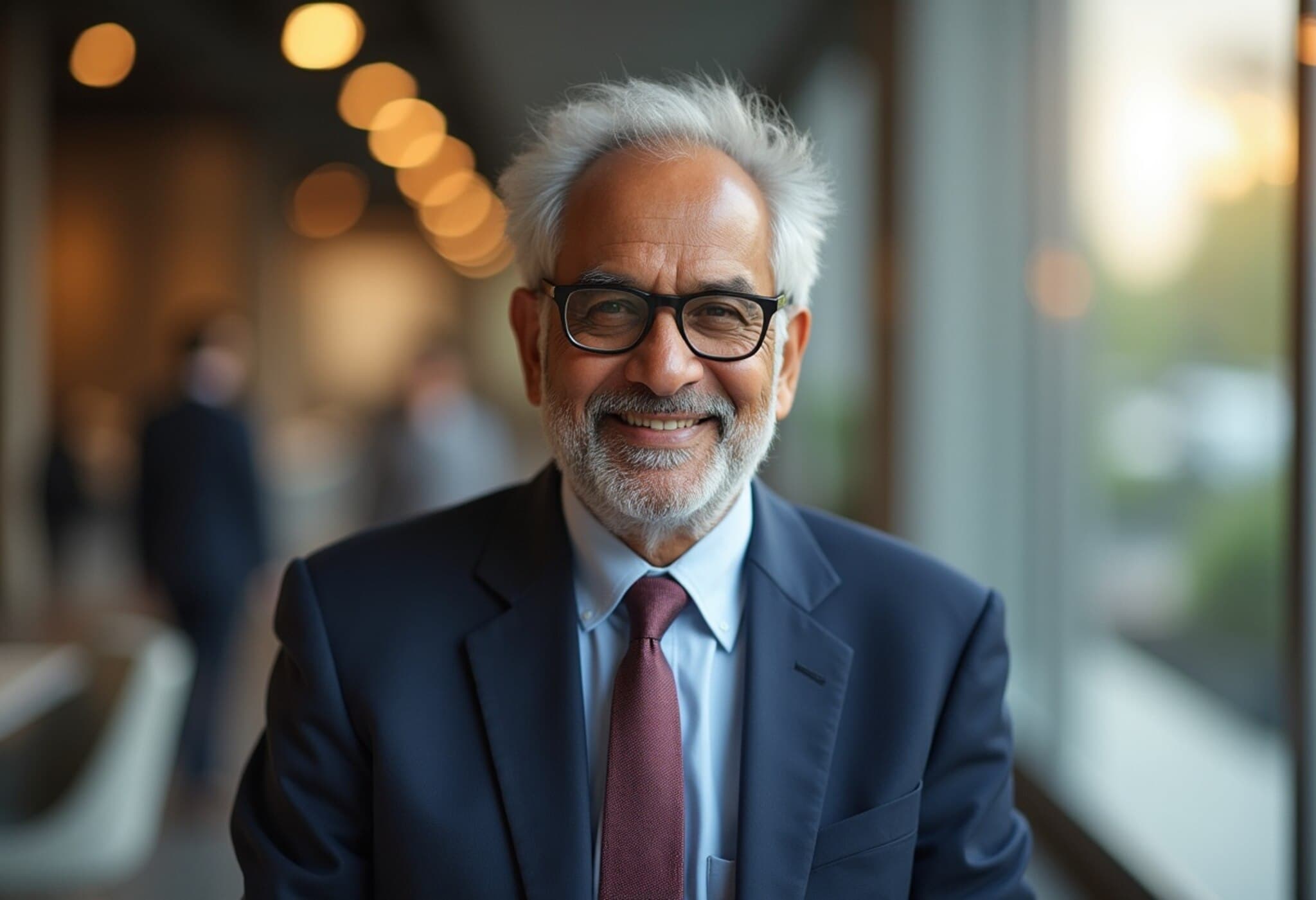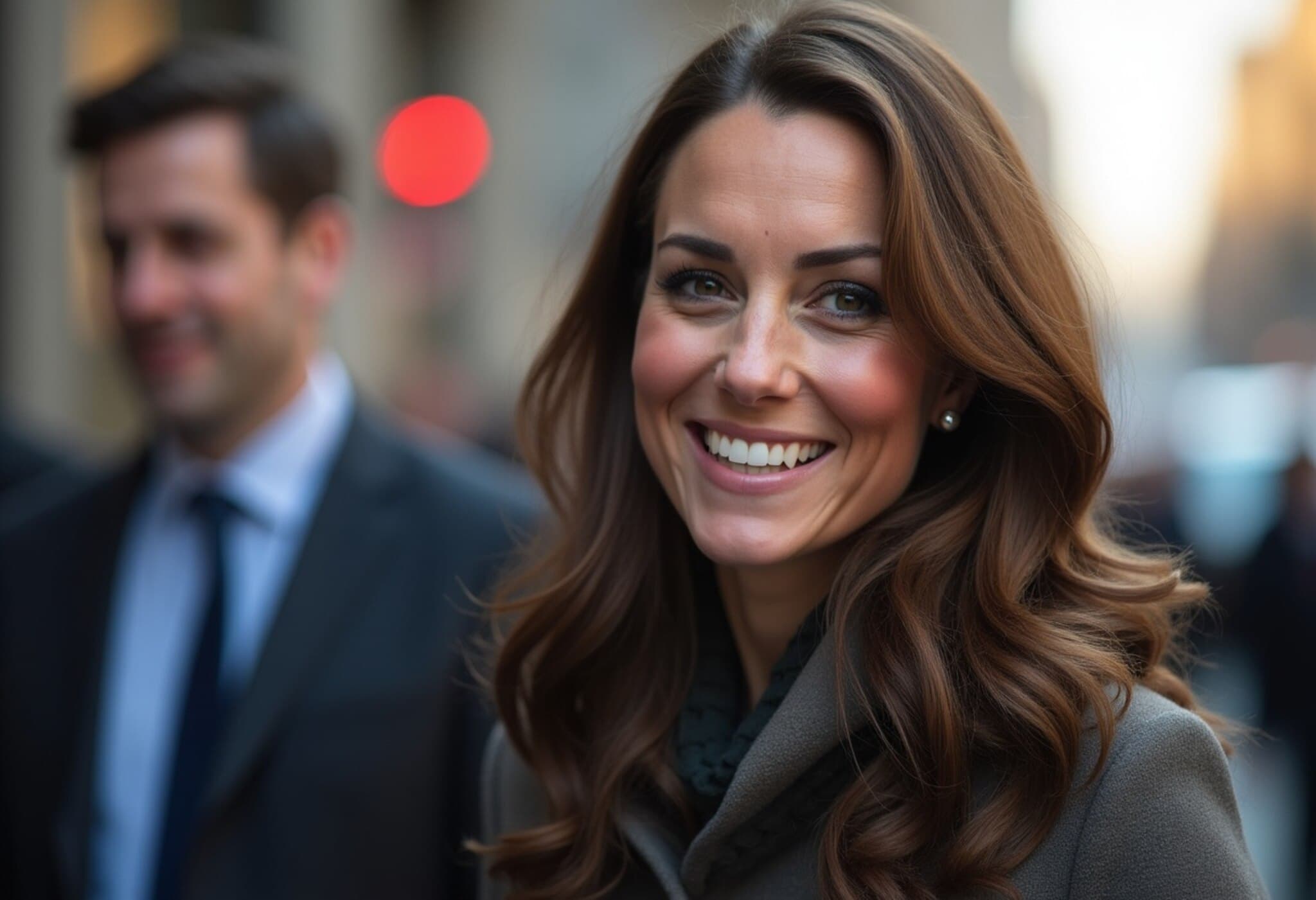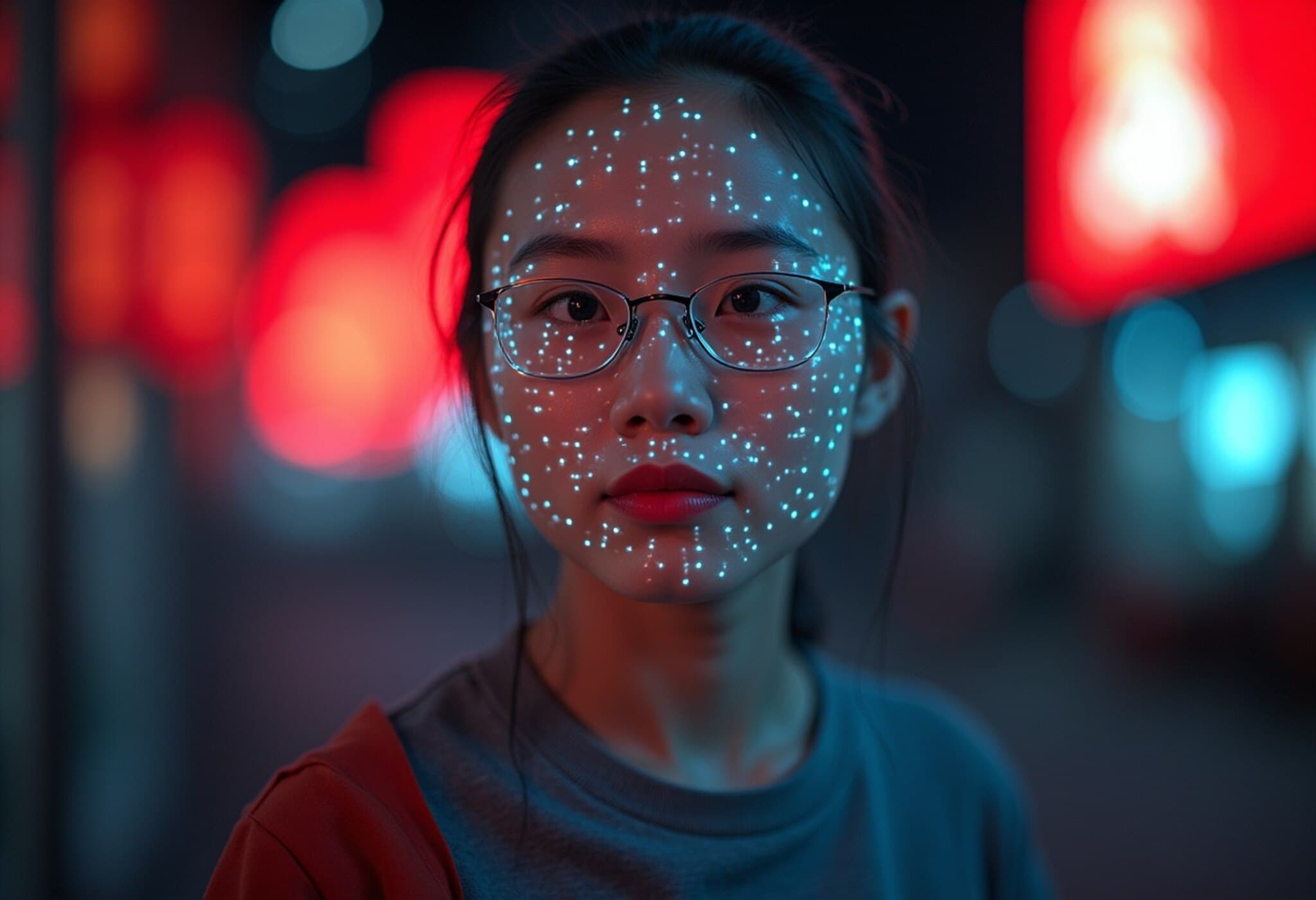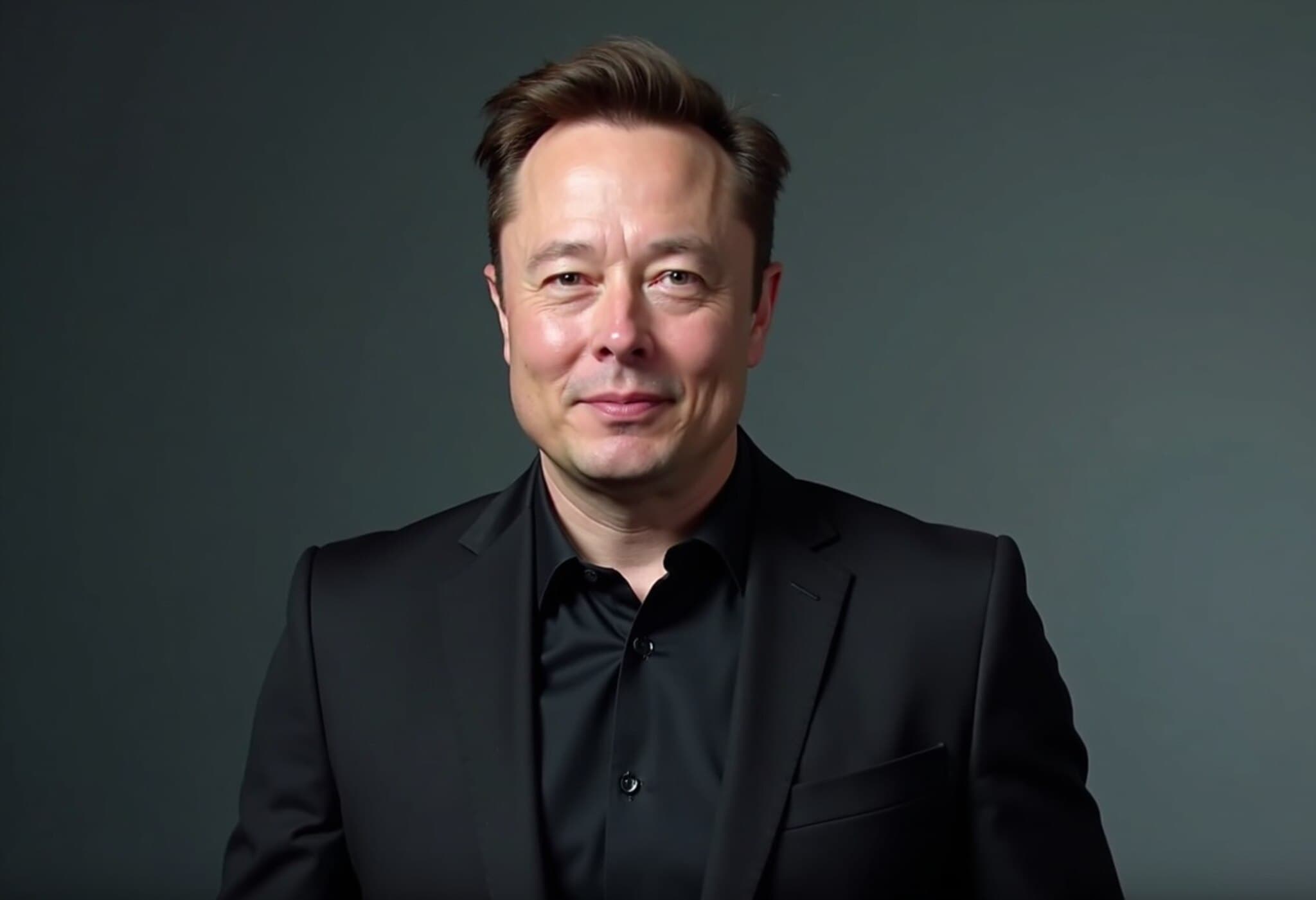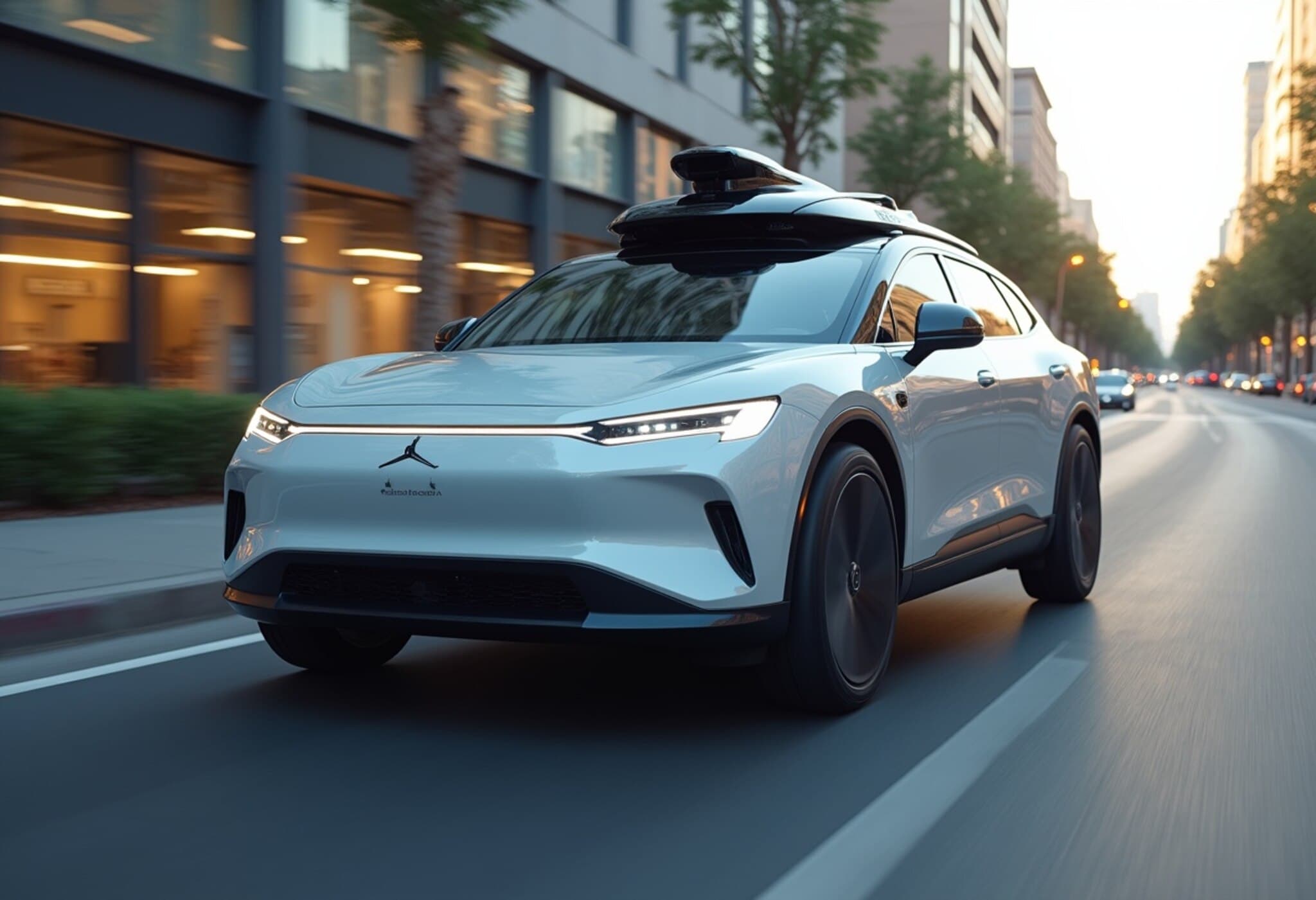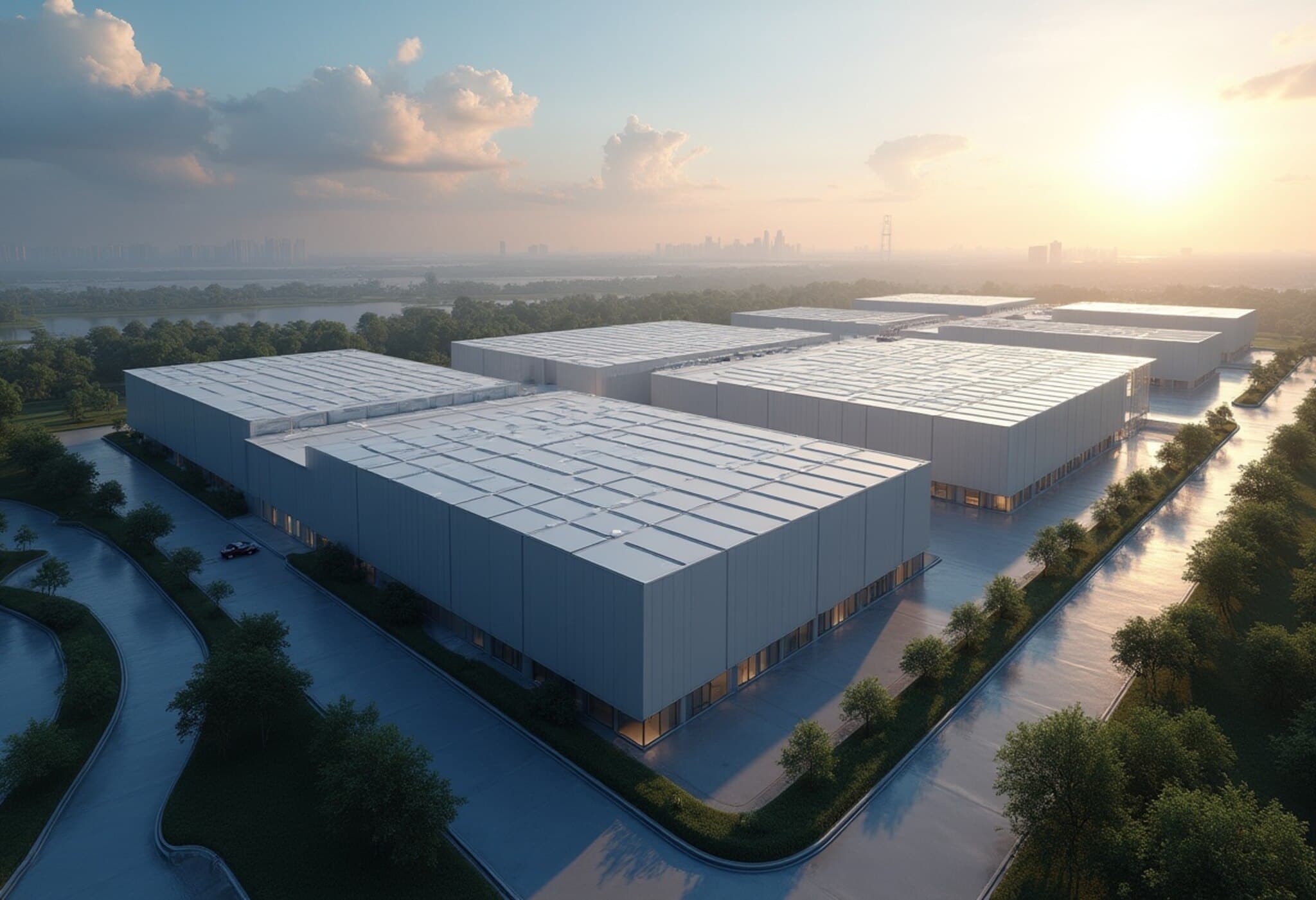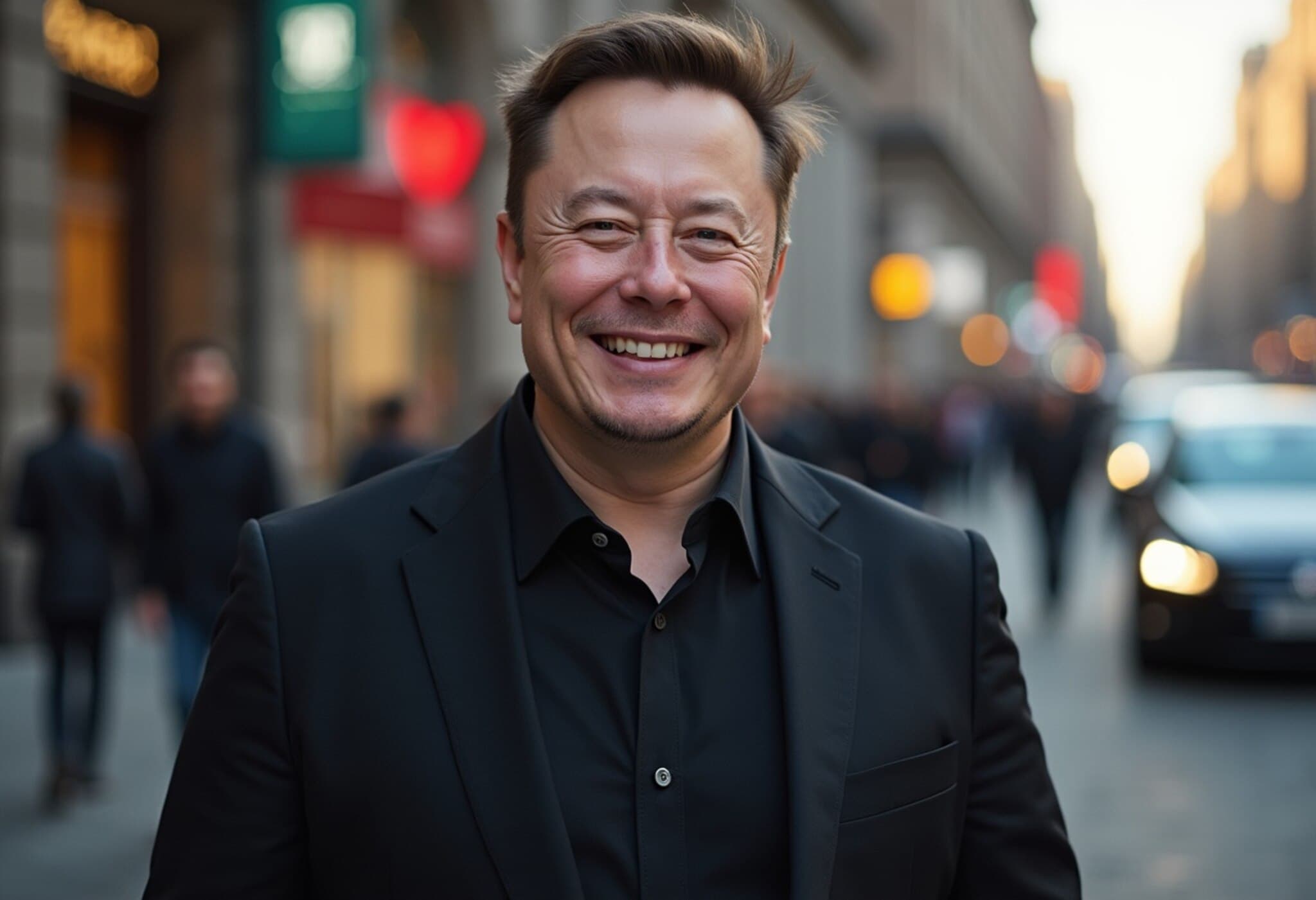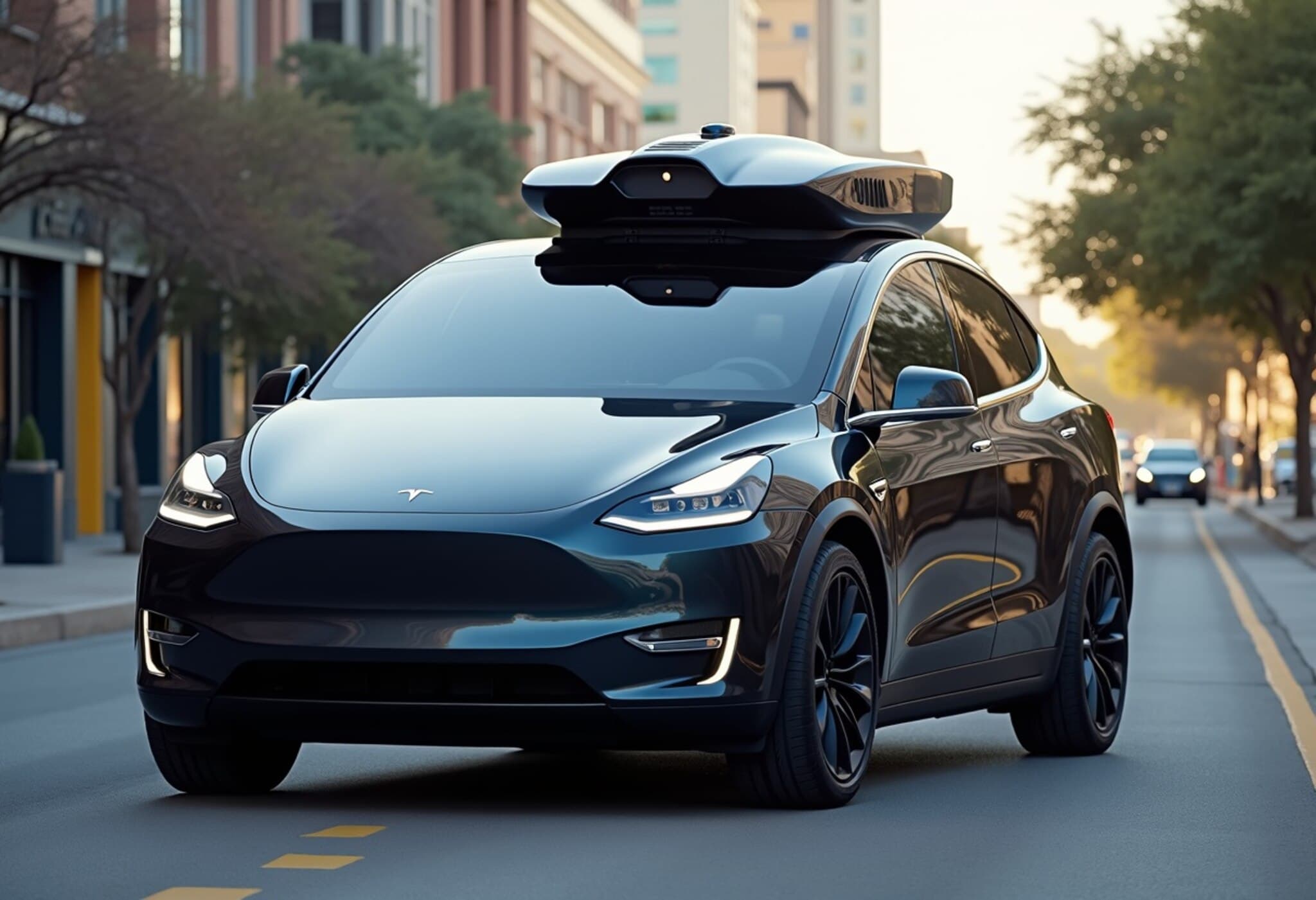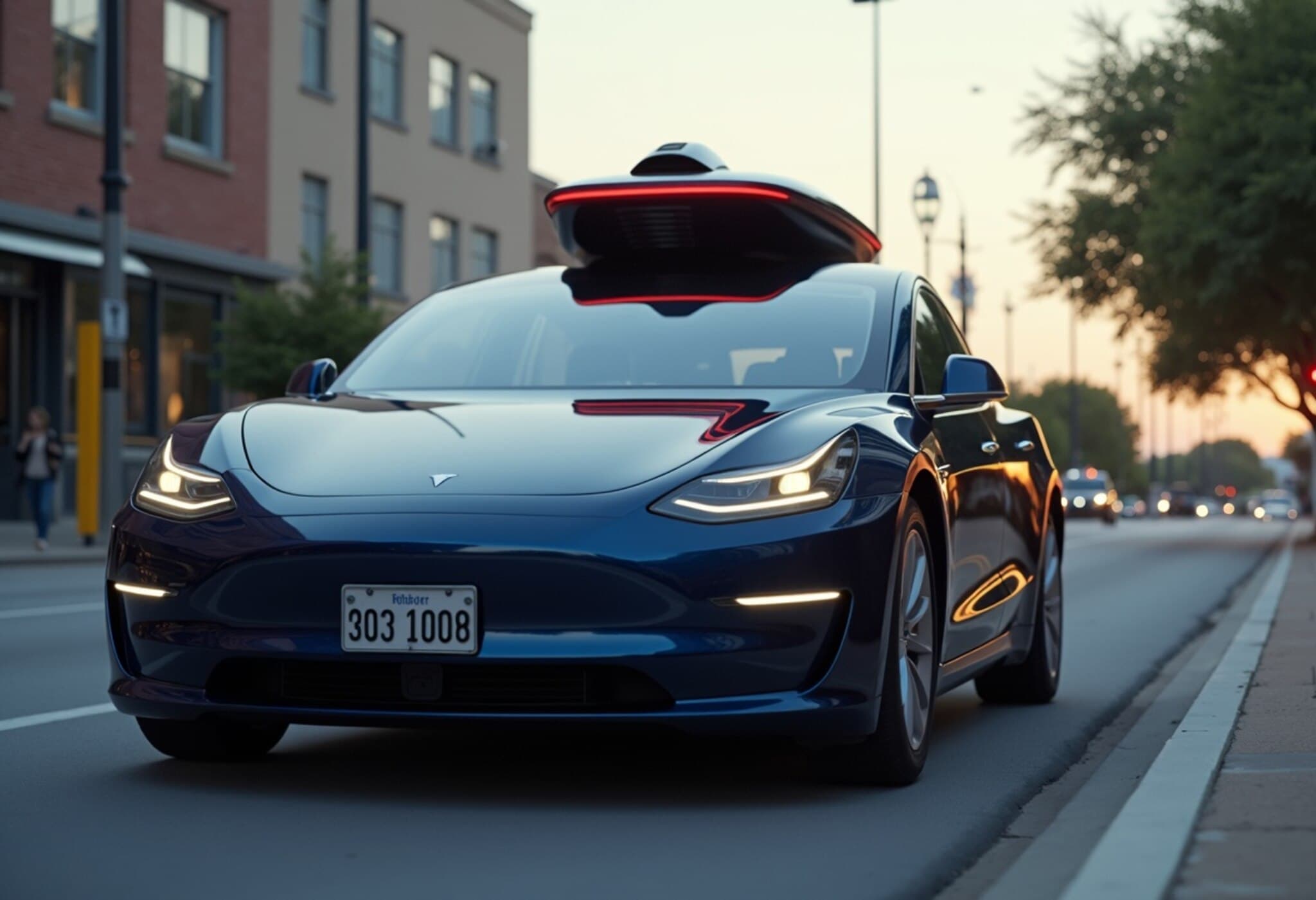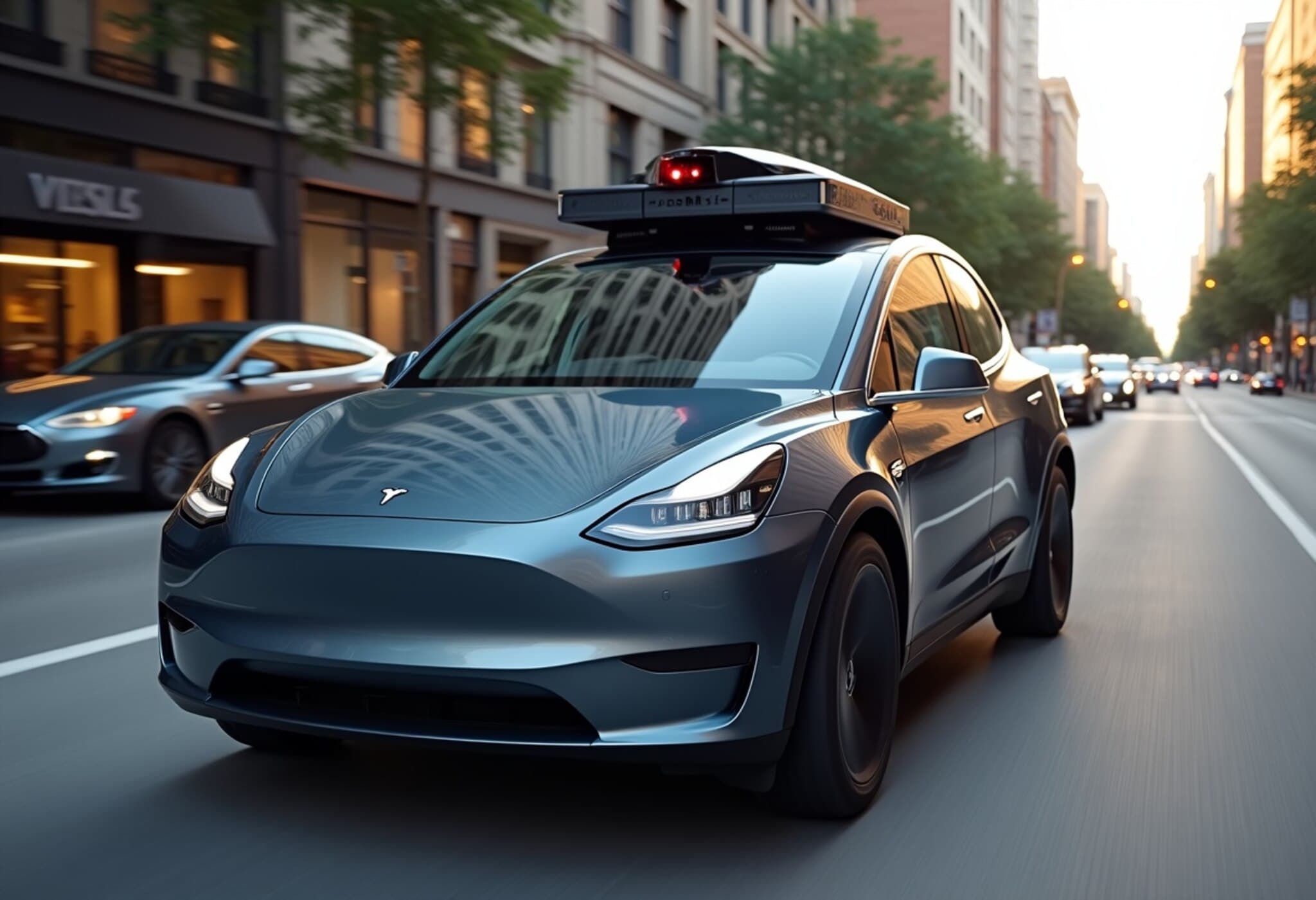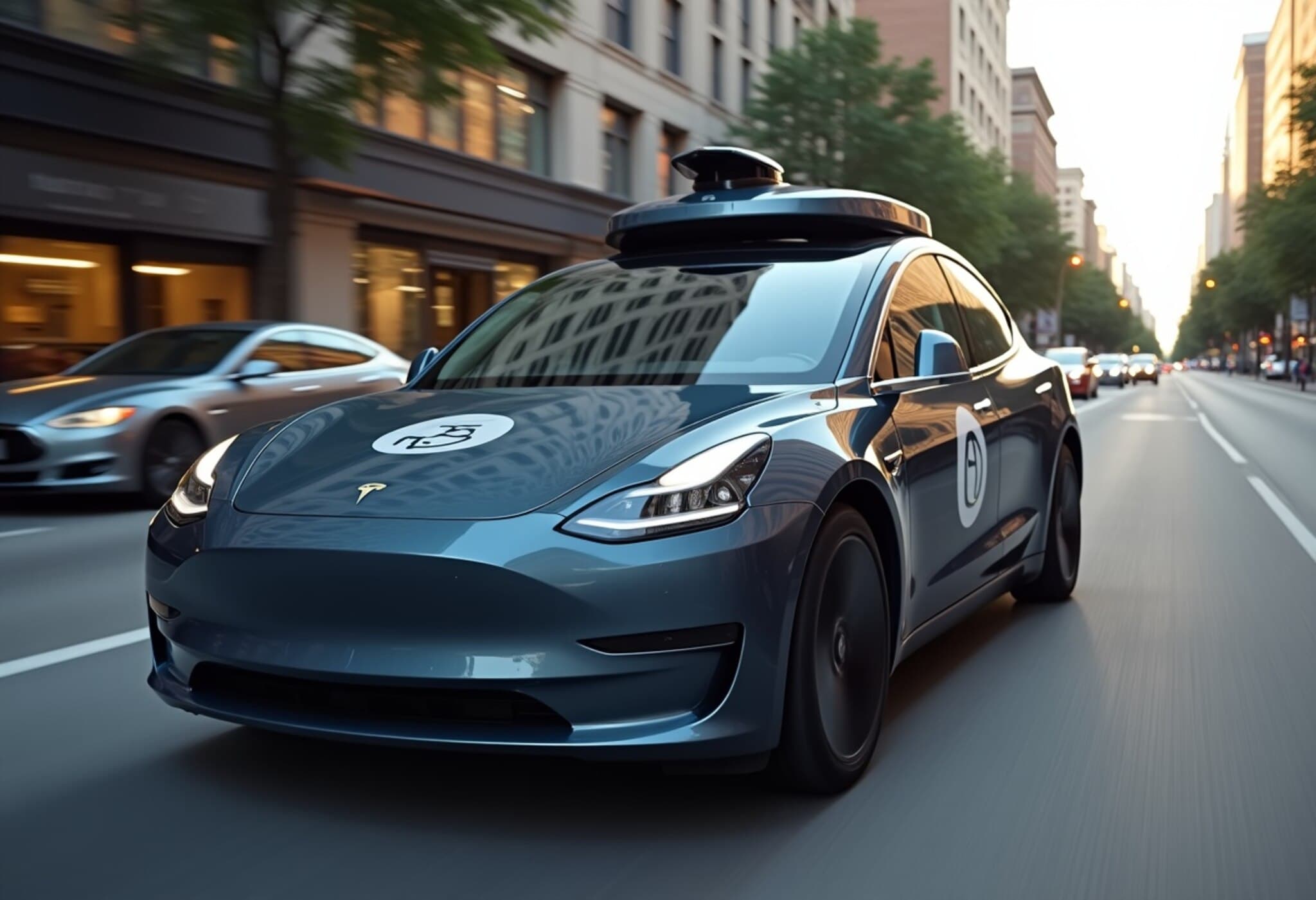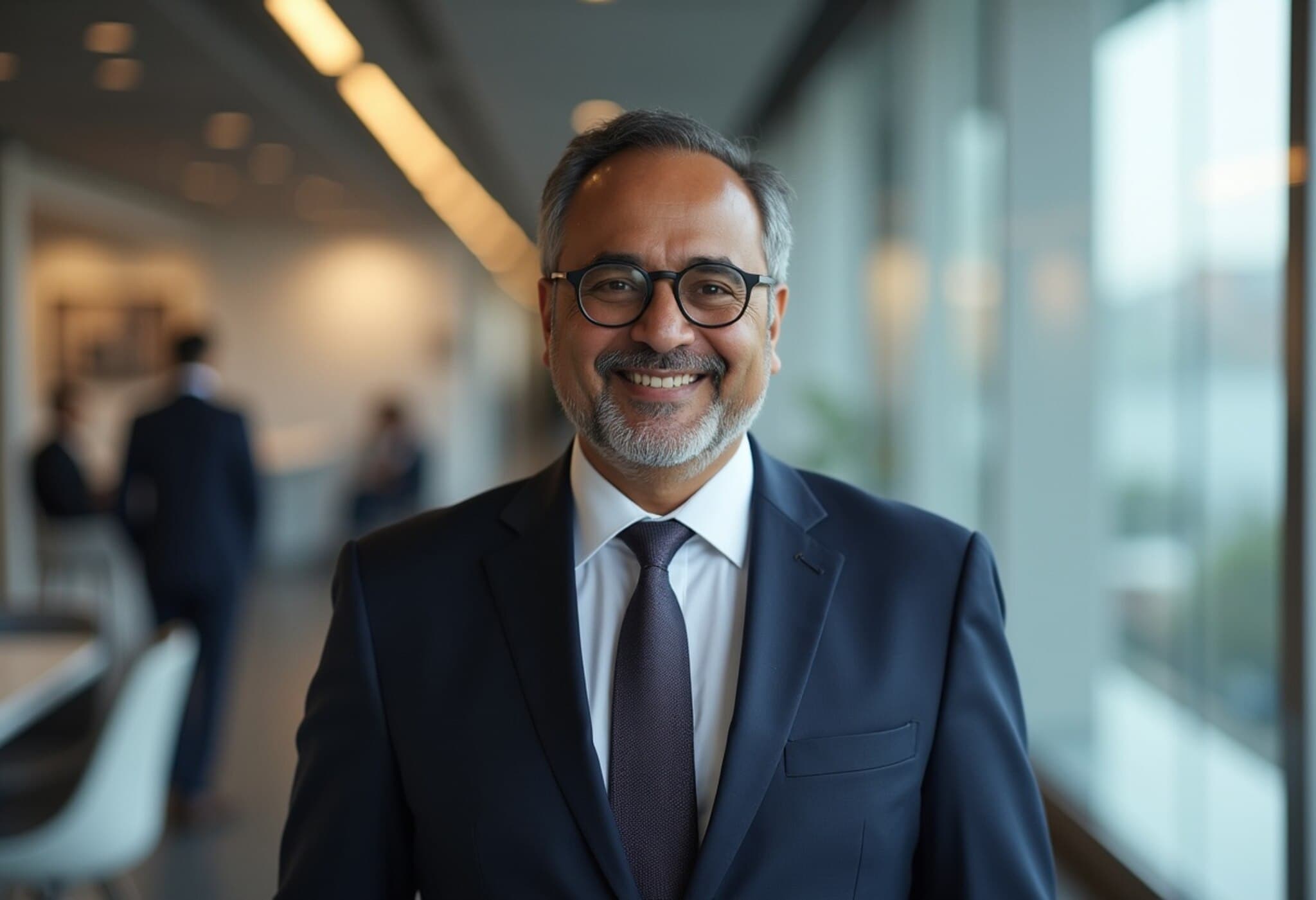Miami Jury Holds Tesla Partially Liable in $240 Million Autopilot Crash Verdict
In a landmark decision that echoes across the automotive and legal worlds, a federal jury in Miami has ordered Tesla to pay more than $240 million in damages following a fatal crash involving its Autopilot system. The verdict, the culmination of a four-year trial, marks one of the first times a court has held Tesla accountable for alleged failures in its driver-assist technology amid a driver’s admitted recklessness.
Background: The Fatal 2019 Crash and Rising Legal Scrutiny
On a dark stretch of a rural road in Key Largo, Florida, in 2019, 22-year-old Naibel Benavides Leon and her boyfriend, Dillon Angulo, were involved in a harrowing collision. The driver of the Tesla, George McGee, acknowledged he was distracted by his cellphone moments before his vehicle collided with the parked couple’s Chevrolet Tahoe, which they had stopped to gaze at the stars. Despite McGee’s admission, the jury found that Tesla's Autopilot system bore significant responsibility for the tragedy.
Liability Centered on Tesla’s Technology and Communication
The plaintiffs’ legal team argued that Tesla misled consumers through the branding and marketing of its driver assistance as ‘Autopilot,’ implying full or near-full autonomy when, in reality, the technology requires active driver engagement. Expert commentary highlighted that other auto manufacturers use terms like ‘driver assist’ or ‘co-pilot’ to avoid such confusion, underscoring the stakes of Tesla's choice of language.
Lead plaintiff lawyer Brett Schreiber emphasized, “Words matter. And if someone is playing fast and loose with words, they’re playing fast and loose with information and facts.” This reflects a broader industry issue wherein clear communication is key to ensuring drivers understand the limits and responsibilities of semi-autonomous systems.
Controversy Over Evidence Handling
Central to the case was a dispute over Tesla’s alleged withholding or loss of critical accident data. According to the victim’s family lawyers, Tesla either concealed or failed to preserve recorded data and video evidence from the moments leading up to the crash. Tesla admitted an error after forensic experts unearthed the data, which it had previously denied possessing. This revelation has intensified concerns about transparency and corporate accountability in emerging automotive technologies.
Financial and Industry Implications
The jury awarded $200 million in punitive damages and approximately $43 million in compensatory damages attributed to Tesla’s share of fault. Financial analyst Dan Ives of Wedbush Securities noted, “It’s a big number that will send shock waves to others in the industry. It’s not a good day for Tesla.”
Tesla has announced plans to appeal the verdict and maintains that it will likely pay less due to pre-trial agreements limiting punitive damages. However, the plaintiffs contest the application of these limits, potentially keeping pressure on the automaker’s financial and reputational standing.
Industry Watch: The Legal Precedent for Autonomous Vehicle Liability
Legal experts and the broader auto industry are closely monitoring the implications of this case. A verdict holding Tesla liable despite a driver’s admitted negligence raises substantial questions about how manufacturers will navigate liability as self-driving capabilities evolve. It highlights a pressing policy dilemma: how to equitably apportion responsibility between increasingly autonomous systems and human operators.
The Human Toll and Calls for Safer Technologies
Beyond legal and financial consequences, the case underscores the very real human costs of the technology’s limitations. Dillon Angulo appeared in court supporting his claim with visible injuries, including broken bones and a traumatic brain injury. The tragic death of Naibel Benavides Leon stands as a stark reminder of the stakes involved.
Neima Benavides, Naibel’s sister, reflected emotionally, “We finally learned what happened that night, that the car was actually defective. Justice was achieved.”
Editor’s Note: Navigating Trust and Transparency in Autonomous Driving
This verdict invites a deeper conversation about the evolving relationship between humans and machines on the road. As autonomous technologies promise to revolutionize transportation, their implementation demands rigorous safety standards, clear consumer communication, and ethical corporate practices. How can regulators, manufacturers, and drivers share responsibility to prevent further tragedies? The Tesla case could be a watershed moment, prompting reassessment of legal frameworks and trust in driver-assist technologies across the U.S. and beyond.

